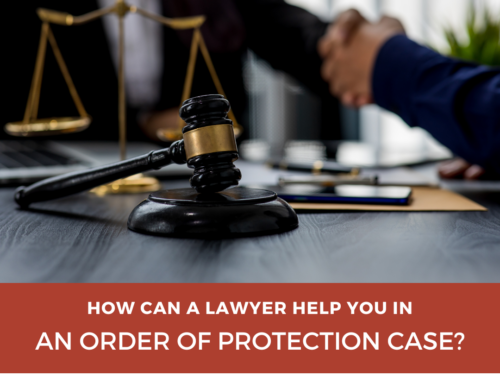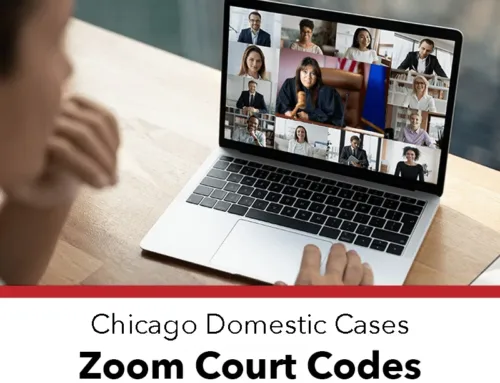Facing domestic battery charges can be a daunting experience. It’s essential to have a skilled attorney on your side to help build a strong defense. In this guide, we’ll explore the strategies your lawyer may use to fight domestic battery charges and protect your rights.
Strategies Your Lawyer May Use to Build a Strong Domestic Battery Defense
- This guide explains the following:
- Challenging the alleged victim’s credibility
- Presenting evidence of self-defense
- Demonstrating lack of intent
- Arguing consent
- Uncovering motives to fabricate allegations
Here’s a closer look at each.
Challenging the Alleged Victim’s Credibility
One of the most common strategies in domestic battery cases is to challenge the credibility of the alleged victim. Your lawyer may investigate the victim’s background, looking for inconsistencies in their statements, a history of dishonesty, or any evidence that could cast doubt on their version of events. If your attorney can successfully question the alleged victim’s credibility, it may weaken the prosecution’s case and improve your chances of a favorable outcome.
Related: Your lawyer’s role in your domestic battery case
Presenting Evidence of Self-Defense
If you were acting in self-defense, your lawyer may present evidence to support this claim. This can include testimony from witnesses who saw the incident, photographs of your injuries, or medical records that document your injuries. By showing that you were protecting yourself from imminent harm, your attorney may be able to convince the judge or jury that your actions were justified.
Demonstrating Lack of Intent
In order to secure a conviction for domestic battery, the prosecution must prove that you knowingly and intentionally caused harm or offensive contact. Your lawyer may argue that the incident was an accident or a misunderstanding, rather than a deliberate act. By demonstrating a lack of intent, your attorney can challenge the prosecution’s ability to prove the necessary elements of the charge.
Arguing Consent
In some cases, your lawyer may argue that the alleged victim consented to the physical contact. This strategy can be particularly effective in situations where the contact was not inherently harmful, such as during a consensual roughhousing or play-fighting. If your attorney can show that the alleged victim consented to the contact, it may negate the domestic battery charge.
Related: What to expect during your domestic battery trial
Uncovering Motives to Fabricate Allegations
Unfortunately, some individuals may fabricate domestic battery allegations for personal gain, such as in the context of a contentious divorce or custody battle. Your lawyer may investigate the alleged victim’s motives and uncover any evidence that suggests they have a reason to lie. If your attorney can demonstrate that the allegations are false or motivated by ulterior motives, it may lead to a dismissal of the charges or an acquittal.
While these strategies can be effective in building a strong defense, it’s crucial to remember that every case is unique. Your attorney will evaluate the specific circumstances of your situation and develop a tailored defense strategy that best serves your interests. Remember, open communication and trust with your lawyer are critical to a successful outcome.
Related: Is there a statute of limitations on domestic battery in Illinois?
When facing domestic battery charges, it’s essential to have an experienced attorney who can employ effective strategies to build a strong defense. By challenging the credibility of the alleged victim, presenting evidence of self-defense, demonstrating lack of intent, arguing consent, or uncovering motives to fabricate allegations, your lawyer can help protect your rights and fight for the best possible outcome in your case.
Do You Need to Talk to an Attorney About Domestic Battery Defense?
If you need to talk to a domestic battery defense attorney in Illinois, we’re here to help. Call us at 847-920-4540 now – we’ll be happy to give you a free consultation and talk to you about your options.







Leave A Comment
You must be logged in to post a comment.